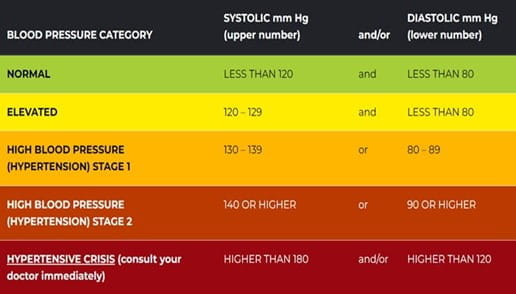What You Can Do to Help Prevent Stroke
The prevalence of stroke may be frightening, but the good news is about four in five strokes are preventable. Learn seven strategies that can help reduce your risk of suffering a stroke.

Every 40 seconds, someone in the United States has a stroke, and stroke is a leading cause of long-term disability and death. Thinking about the prevalence of stroke may feel frightening, but there is some good news: About four in five strokes are preventable for both men and women.
In honor of American Stroke Month, let’s explore seven things you can do to help reduce your risk of suffering a stroke.
myHealthPolicy is here for you!
Please visit our website or call us at 888-928-1456 TTY:711 to explore insurance coverage options that may fit your needs and budget.
Help us, help you!
Provide your information
This material provides general information about the described insurance product(s) for educational purposes only. This is not intended as investment advice or to recommend the insurance product(s).
The Company and its producers do not provide legal or tax advice. Each individual should seek specific advice from their own tax or legal advisors. The general and educational information presented in this material is a sales and marketing piece for insurance products offered by Bankers Life Agency Inc.






 Request a call
Request a call